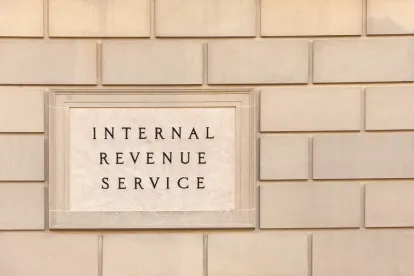On February 18, 2021, the IRS released Notice 2021-15 (the Notice), which provides additional guidance clarifying many open issues following implementation of Section 214 of the Consolidated Appropriations Act (CAA). Section 214 of the CAA provided a considerable amount of flexibility to employers sponsoring health care flexible spending accounts (health FSAs) and dependent care flexible spending accounts (dependent care FSAs).
Increased Flexibility for Health FSAs and Dependent Care FSAs
The Notice offers additional clarification and guidance regarding the CAA and the increased flexibility it provides for plan sponsors in the following areas related to health FSAs and dependent care FSAs, including:
-
Provides for the carryover of any unused amounts from the 2020 and 2021 plan years;
-
Provides for a 12-month extension of the permissible period for incurring claims (commonly referred to as the “grace period”) for plan years ending in 2020 and 2021;
-
Provides flexibility to adopt a special rule regarding post-termination reimbursements from health FSAs;
-
Provides flexibility for a special claims period and carryover rule for dependent care FSAs for a dependent who “aged out” (e.g., turned 13) during the pandemic; and
-
Allows certain mid-year election changes for health FSAs and dependent care FSAs for plan years ending in 2021.
More specifically, among other things, the Notice outlines areas in which plan sponsors have discretion regarding how they implement any of the above temporary changes, provides specifics regarding how plans must be amended to adopt the temporary changes, clarifies whether employees must be offered COBRA coverage following a termination if a plan has adopted the temporary changes, and details how plan sponsors should administer mid-year election changes (for example, changes in health coverage and compatibility with health savings accounts (HSA)).
Coordination of HSAs and Health FSAs
The Notice clarifies that an individual may be permitted to have a general-purpose health FSA for part of the year and a limited-purpose health FSA for the other part of the year, since HSA eligibility is determined on a monthly basis. For example, if a participant begins the year with a general-purpose health FSA and then mid-year elects coverage under a high deductible health plan and limited-purpose health FSA, such participant’s HSA contribution limit is based on the number of months the participant was eligible to contribute to the HSA.
Plan sponsors have the discretion to adopt all, some or none of the relief measures outlined in the Notice. Cafeteria plans must be amended to reflect any such changes by the end of the first plan year following the plan year in which the changes are effective. For calendar year plans, this could be as early as December 31, 2021.
It is recommended that plan sponsors consult with their legal counsel and applicable third-party administrator before making a decision, as there may be other factors to consider (e.g., COBRA coordination).




 />i
/>i

